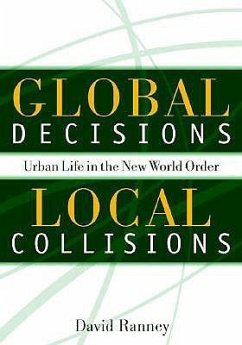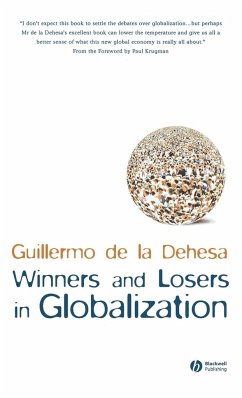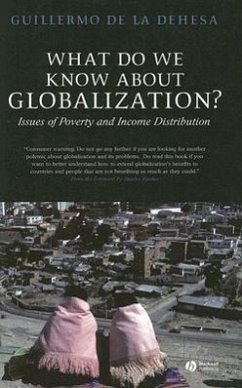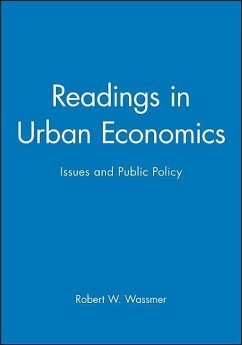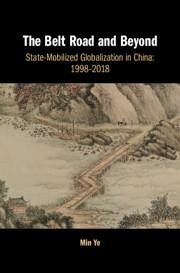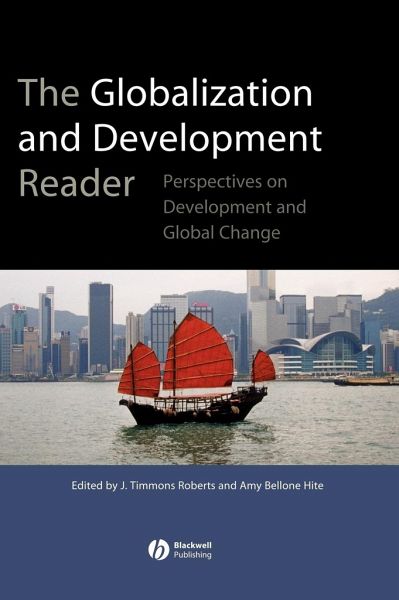
Globalization and Development Reader
Versandkostenfrei!
Versandfertig in über 4 Wochen
139,99 €
inkl. MwSt.

PAYBACK Punkte
70 °P sammeln!
How is globalization changing people's lives in the world's poor and wealthy nations? Is globalization an unstoppable force or can it be actively reshaped? Are emerging global trade rules helping or hindering poor nations in their efforts at economic development? Is the globalization of production and consumption helping or hurting workers, poor nations, women, and the environment? What do studies of past social changes tell us about this one? The Globalization and Development Reader builds on the success of From Modernization to Globalization, published by the editors in 2000 and used around ...
How is globalization changing people's lives in the world's poor and wealthy nations? Is globalization an unstoppable force or can it be actively reshaped? Are emerging global trade rules helping or hindering poor nations in their efforts at economic development? Is the globalization of production and consumption helping or hurting workers, poor nations, women, and the environment? What do studies of past social changes tell us about this one? The Globalization and Development Reader builds on the success of From Modernization to Globalization, published by the editors in 2000 and used around the world. It provides an up-to-date primer and key reference for students, scholars, and development practitioners wishing to get up to speed quickly on the issues surrounding social change and development in the "Third World." It features 10 essays from its predecessor and adds 17 new ones, offering carefully excerpted samples from both classic and recent writings. A general editorial introduction to the book, and short, insightful introductions for each section, provide a well-rounded foundation for nonspecialist audiences.



